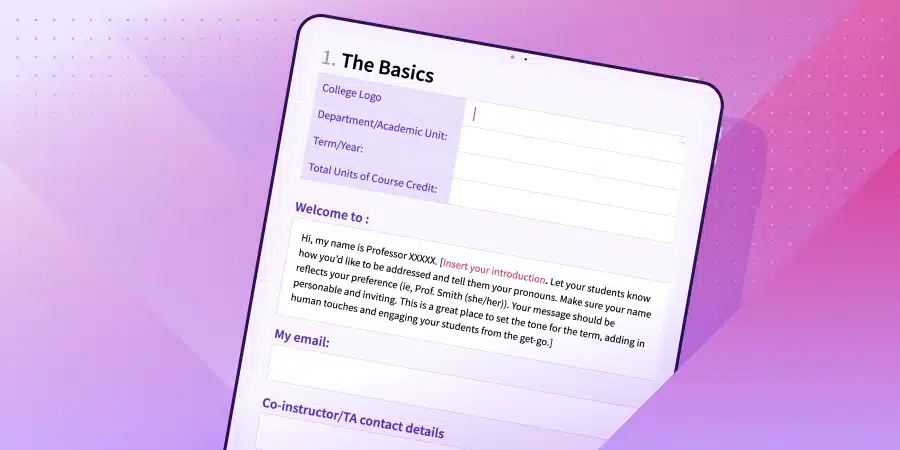
What is
Scientific Inquiry
Scientific inquiry is a method used to problem solve and derive meaning from scientific phenomena. Scientific inquiry skills include hypothesizing, experimenting and drawing on existing knowledge. Professors can teach scientific inquiry by incorporating hands-on experiments and research projects into their curriculum. Doing so will allow students to build scientific inquiry skills required for real-world scenarios. Additionally, professors can emphasize critical thinking and problem-solving skills through interactive discussions, case studies, and the analysis of primary research articles, fostering a deeper understanding of scientific inquiry steps and vocabulary.
Scientific inquiry has two primary functions. Firstly, it provides a description of how scientific inquiry is conducted in practice. Secondly, it gives an explanation of why scientific inquiry is successful in arriving at genuine knowledge at the end of its process. Scientific inquiry extends beyond the development of process skills such as observing, inferring, classifying, predicting, measuring, questioning, interpreting and analyzing data, which must occur in that order for proper scientific inquiry to happen. Scientific inquiry refers to the different methods scientists use to explore and understand the natural world. It’s not just about following set steps but also involves using what we already know, thinking critically, and reasoning carefully to build new scientific knowledge.
The scientific inquiry process encompasses seven core elements. The first element, asking questions, involves guiding students to form meaningful and researchable questions. The second, conducting background research, emphasizes the importance of reviewing existing literature and understanding the context of the study. The third element, constructing hypotheses, requires students to propose testable predictions based on their initial research. This is the stage where students develop scientific method questions. The fourth, designing and conducting experiments, focuses on developing and executing methodical experiments to test the hypotheses. The fifth element, collecting and analyzing data, involves teaching students to gather accurate data and apply appropriate analytical techniques. The sixth, drawing conclusions, encourages students to interpret their results and determine whether they support or refute the scientific method questions they proposed. Finally, the seventh element, communicating results, highlights the importance of effectively presenting findings through written reports, presentations, or publications, ensuring that students can share their scientific contributions with the broader community.
Scientific method vocabulary, part of the scientific inquiry process, refers to the specific terms and concepts used to conduct research. These terms help to standardize communication and ensure clarity in the scientific community. Examples include:
Hypothesis: A testable prediction or educated guess about the outcome of an experiment based on prior knowledge and observation.
Experiment: A controlled procedure carried out to test a hypothesis.
Variable: Any factor, trait, or condition that can exist in differing amounts or types. Variables can be independent (manipulated), dependent (measured), or controlled (kept constant).
Control Group: The group in an experiment that does not receive the treatment, serving as a baseline for comparison.
Data: Quantitative or qualitative information collected during an experiment.
Analysis: The process of examining data to draw conclusions about the hypothesis.
Conclusion: A summary of the results of an experiment, stating whether the hypothesis was supported or refuted.
Replication: Repeating an experiment to verify results and ensure reliability.
Observation: The act of noting and recording phenomena, often leading to the formulation of a hypothesis.
Theory: A well-substantiated explanation of some aspect of the natural world that is based on a body of evidence and multiple lines of inquiry.
These examples of scientific method vocabulary represent key components of the experimentation process, essential for understanding the various scientific inquiry steps.
